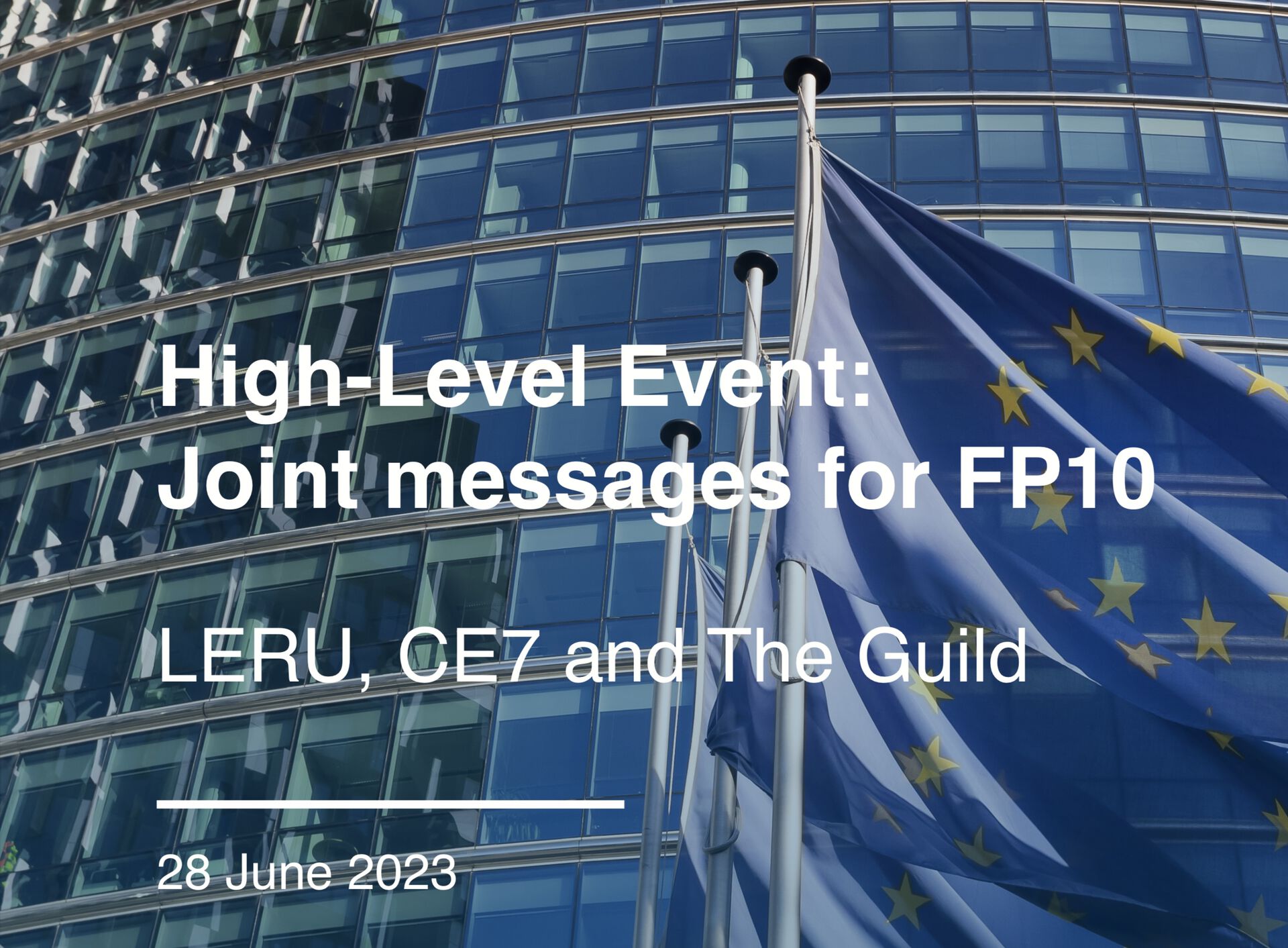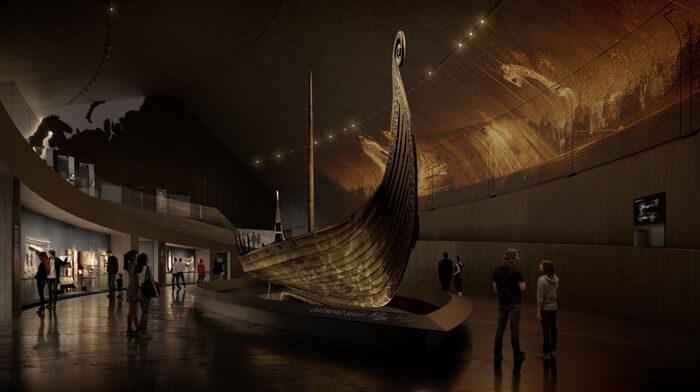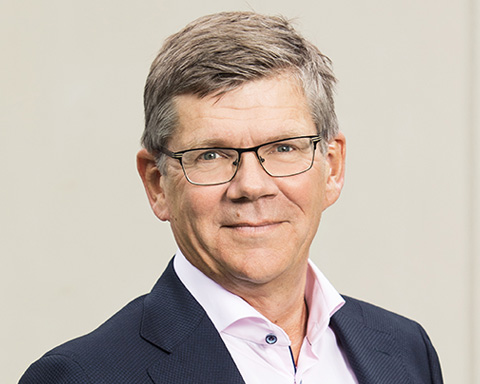Det globale kunnskapssamfunnet endrer seg raskt og kanskje raskere enn noensinne. Det krever sterke forskning og kunnskapsmiljøer; det krever en utvikling av vel fungerende økosystem for forskning og innovasjon som evner å ta i bruk ny kunnskap raskt, og det krever et høyere utdanningssystem som både utdanner kandidater med en sterk kognitiv grunnmur og som evner effektivt å bidra til livslang læring.
Utviklingen er i stor grad fundamentert på forskningsbasert kunnskap, og konkurransen er global. Kina, USA og mange andre satser tungt på forskning og høyere utdanning. Europa må gjøre det samme. Europa må styrke sin vitenskapelige posisjon. Det er bakgrunnen for dagens lansering av 10 nøkkelbudskap for den neste og 10nde rammeprogrammet i EU. Som sammenslutninger av ledende europeiske forskningsintensive universiteter, oppfordrer The Guild og LERU Europa til å investere bedre, smartere og mer ambisiøst i forskning og innovasjon (FoI) – og til å sikre at det neste rammeprogrammet for R&I (FP10) har omfanget, kvaliteten og rekkevidden nødvendig for å sikre Europas plass i den globale kunnskapsutviklingen. Denne ambisjonen må artikuleres fra starten av.
Våre 10 nøkkelbudskap (på engelsk):
- More excellent R&I is required to tackle the challenges and to realize the goals of a European continent that is driven by global leadership and strategic autonomy at the same time.
- More excellent R&I demands more European and national R&I funding, realizing, and even going significantly beyond, the long aimed for 3% target, with a ring-fenced budget of at least €200bn for FP10.
- More excellent R&I demands strong research-intensive universities across Europe, which attract and retain the best researchers through the FP’s support of excellent research, collaboration and innovation, sustained by the free circulation of knowledge, and a legally protected respect of academic freedom, including institutional autonomy.
- Excellent R&I demands a FP that focuses on clear short and long term priorities, avoiding continuous political changes in priority setting and redirecting of FP funding, and that ensures complementarity in EU funding programmes, within and beyond FP10, avoiding duplication and fragmentation.
- Excellent R&I needs to contribute to the resilience of Europe in facing the current and emerging global challenges through funding aimed at the creation of new knowledge, and through less prescriptive calls that foster a longer-term perspective for impact and stimulate true interdisciplinarity; the entire research and innovation process must be fostered, and the ambition for investing in frontier research must be raised.
- Excellent R&I demands an FP driven by scientific excellence and open competition, with a clear focus on and an increased budget share forinstruments with a proven track record like the ERC and the MSCA, and an explicit disinvestment from instruments where success can not be evidenced.
- Excellent R&I demands a FP that is open to the world, with a focus on association of the leading R&I nations, and that facilitates smooth global cooperation while guaranteeing at the same time transparency and the respect of rights and obligations; within that context, it is essential that the UK and Switzerland are preferential partners in a distinct category, on account of their long, close and trusted integration in European collaborative research and innovation.
- Excellent R&I demands European and national regulatory frameworks to facilitate and stimulate research collaboration, and a minimization of the administrative burden for applicants in FP10; it must build on a full use and application of open access and open science principles (respecting the lead principle of “as open as possible, as closed as necessary”), and a full recognition and respect of equality, diversity and inclusion, mobilizing and promoting the fully available capacity of R&I excellence in society.
- Excellent R&I requires a non-linear approach to innovation, with FP10 optimising synergies between research (including frontier research) and innovation and ensuring optimal conditions for researchers to develop their ideas to market.
- Excellent R&I demands capacity-building instruments whose EU added value can be demonstrated and evaluated, that strengthen the environments for research excellence that are fostered across Europe, and that can be supported by increased funding for research capacities through the European Structural and Investment Funds (ESIF).



